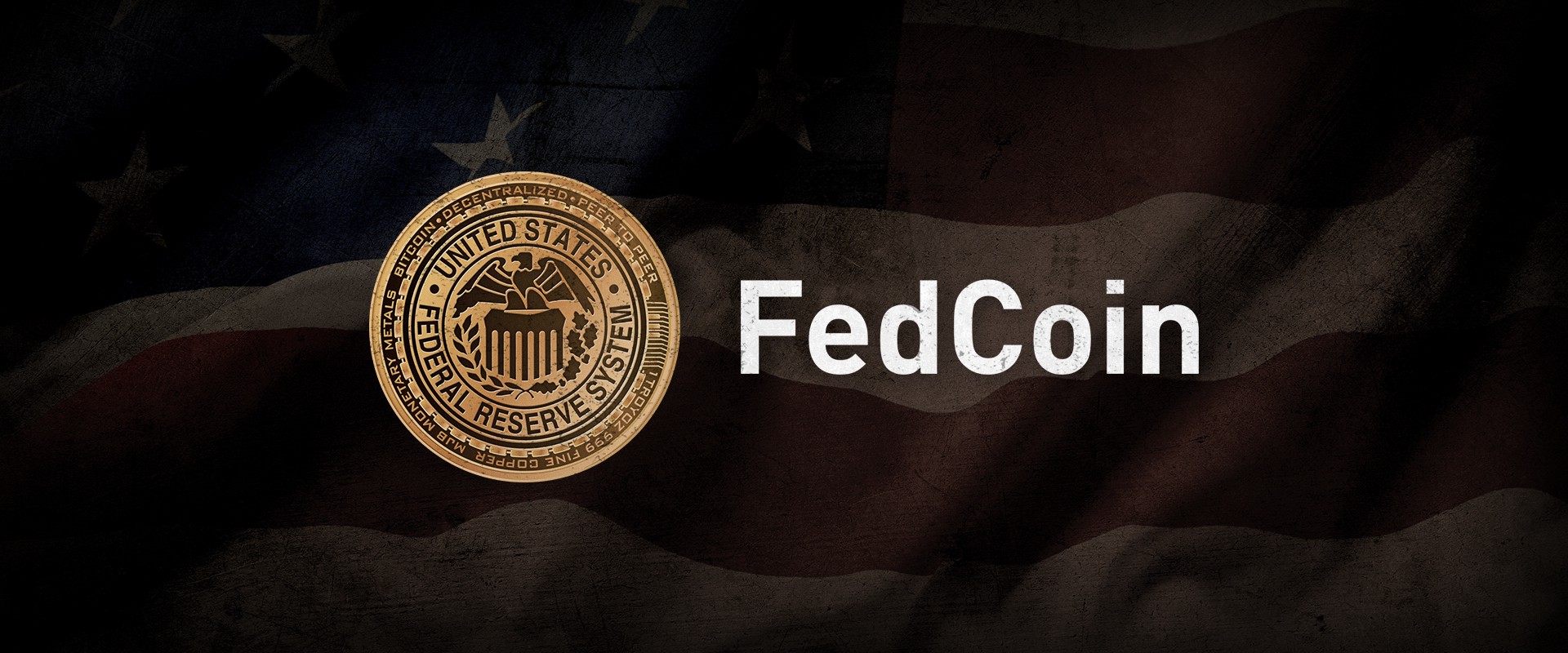PALO ALTO, Calif. (Reuters) - The Federal Reserve is looking at a broad series of problems around digital payments and currencies, consisting of policy, style and legal considerations around possibly providing its own digital currency, Guv Lael Brainard stated on Wednesday. Brainard's remarks suggest more openness to the possibility of a Fed-issued digital coin than in the past." By changing payments, digitalization has the possible to provide greater worth and convenience at lower cost," Brainard said at a conference on payments at the Stanford Graduate School of Service.
Main banks globally are discussing how to handle digital financing innovation and the dispersed ledger systems used by bitcoin, which guarantees near-instantaneous payment at potentially low expense. The Fed is developing its own round-the-clock real-time payments and settlement service and is presently evaluating 200 comment letters sent late in 2015 about the suggested service's style and scope, Brainard stated.
Less than 2 years ago Brainard told a conference in San Francisco that there is "no compelling demonstrated requirement" for such a coin. But that was prior to the scope of Facebook's digital currency aspirations were widely understood. Fed officials, including Brainard, have actually raised concerns about customer defenses and information and privacy hazards that could be positioned by a currency that might enter into use by the 3rd of the world's population that have Facebook accounts.
" We are working together with other main banks as we advance our understanding of central bank digital currencies," she stated. With more nations looking into providing their own digital currencies, Brainard said, that adds to "a set of factors to likewise be ensuring that we are that frontier of both research study and policy advancement." In the United States, Brainard said, problems that need study include whether a digital currency would make the payments system safer or simpler, and whether it could posture financial stability threats, including the possibility of bank runs if money can be turned "with a single swipe" Visit this website into the reserve bank's digital currency.

To counter the financial damage from America's extraordinary national lockdown, the Federal Reserve has taken unmatched actions, consisting of flooding the economy with dollars and investing directly in the economy. The majority of these moves received grudging approval even from many Fed skeptics, as they saw this stimulus as needed and something only the Fed might do.
My brand-new CEI report, "Government-Run Payment Systems Are Hazardous at Any Speed: The Case Against Fedcoin and FedNow," information the risks of the Fed's existing prepare for its FedNow real-time payment system, and propositions for central bank-issued cryptocurrency that have actually been dubbed Fedcoin or the "digital dollar." In my report, I go over concerns about privacy, information security, currency control, and crowding out private-sector competitors and development.
Proponents of FedNow and Fedcoin say the government should produce a system for payments to deposit instantly, rather than encourage such systems in the economic sector by lifting regulative barriers. However as kept in mind in the paper, the economic sector is offering a seemingly unlimited supply of payment technologies and digital currencies to resolve the problemto the extent it is a problemof the time space in between when a payment is sent and when it is received in a bank account.
And the examples of private-sector development in this area are lots of. The Clearing Home, a bank-held cooperative that has actually been routing interbank payments in numerous forms for more than 150 years, has been clearing real-time payments considering that 2017. By the end of 2018 it was covering 50 percent of the deposit base in the U.S.